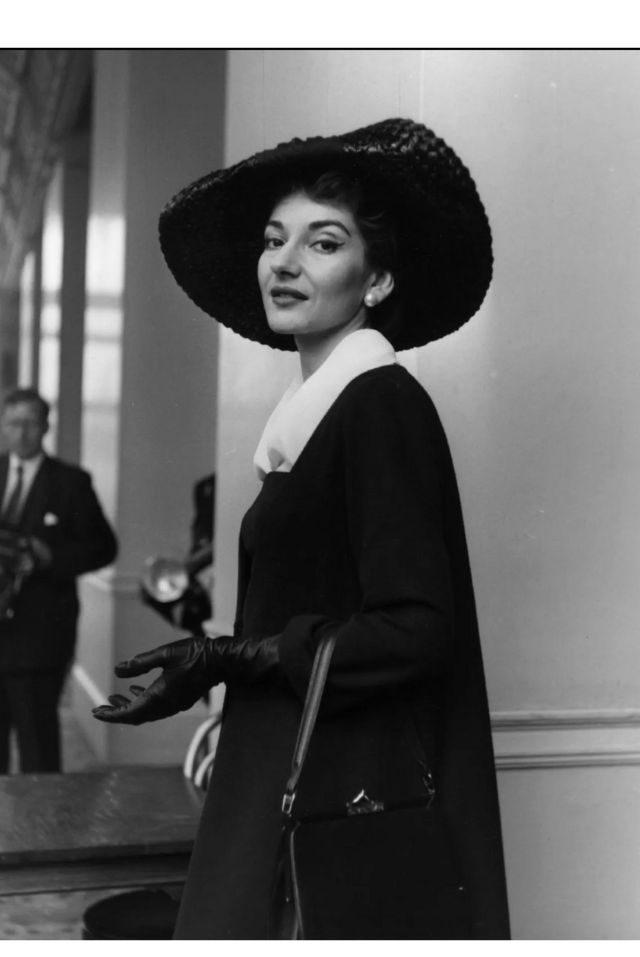
About the Play – “Master Class”
Mastery is a decision. A decision to endure the uncomfortable pains that come with the evolution to greatness. A decision to surrender your soul to the grueling fires of refinement. A life-changing decision that will either breed lifelong happiness or deep-rooted regret. A decision only you can make. And when mastery does come, it does not come quietly. At least not for opera diva Maria Callas.
Inspired by the legendary masterclasses held at Julliard, five-time Tony Award-winning playwright Terrence McNally unbars the doors to the ultimate course in what it takes to dominate the arts. Based on the woman whose talent reigns unparalleled in the opera world, McNally creates a stark image of the Callas classroom as she carefully critiques each of her eager-to-please students. Her rigor and excellence are evident and overpowering with each coaching session in which she finds moments to reflect on the whole of her career and the path she climbed to reach the top of her craft.
With no more than three people on the stage at a time, Master Class is practically a one-woman show. We are forced, alongside her students, to pay attention to the exacting spirit that possesses Maria Callas and learn a thing or two.
Throughout the play, Callas experiences a series of flashbacks that take her through her illustrious career and emotional relationships. Her rise to fame, the pinnacle of her success, and the eventual decline intertwined with interactions with other aspiring singers evoke rich emotions and insights that allow the audience to witness the intricate layers of her personality.
McNally skillfully weaves together the past and present, allowing the audience to witness both the diva’s glory days and the vulnerability hidden beneath her glamorous facade.He expands upon the biographical aspects of Callas’ life while delving into an exploration of the human condition, artistic passion, and sacrifices required for success. And yet, McNally manages to blend the severity of meticulous training with witty and expertly timed comedic moments.
While Maria Callas is the main subject, she stands for the countless artists who strive for perfection in their craft. She is a demonstration of someone attempting to achieve greatness while burdened by personal demons and insecurities. She is the embodiment of a tortured artist. While on the surface she exudes nothing but confidence, there are moments of weakness that come to light as she recounts incidents in her past. McNally simultaneously captures the untouchable talent displayed by Maria Callas while exposing her undeniable humanity in the process.
Master Class also serves as a tribute to the artistry that is opera. It celebrates the beauty and power of the human voice, as well as the transformative nature of music. Callas’ deep-rooted passion for the art of opera becomes contagious as she lectures about why it is more than music and words on a page.
Beyond its exploration of the world of opera and the life of Maria Callas, Master Class offers a universal message about the transformative power of art and the enduring legacy of those who dedicate their lives to its pursuit. Through Callas’ impassioned teachings and poignant reflections, the play reminds us of the profound impact that art can have on individuals and society.
As Callas contemplates the lessons of her life, there is a clear fire within her to elevate her students to the fullness of their potential. Callas remarks in the play, “Try isn’t good enough. Do. The theatre isn’t about trying. People don’t leave their home to watch us try. They come to see us do.” So, every attempt that takes place in her classroom is almost instantaneously shut down. Keep in mind, these are students who have auditioned to be in her class and who have been hand-selected by her. These are students that have experienced the inevitable influence of her excellence and hold her in the highest regard. And yet, there is no mercy. Either it is perfection, or it is nothing. But perfection comes at a price.
You might ask: How can a seemingly delicate and beautiful art form demand such rigor and sacrifice? We’ll let Maria show you.